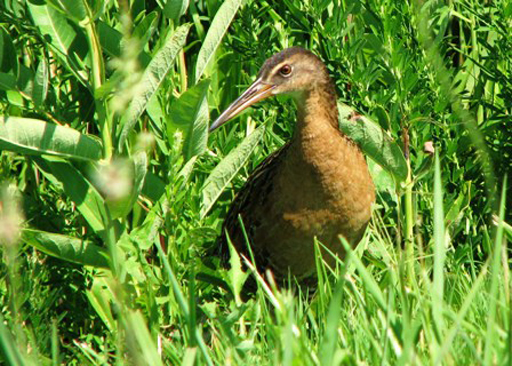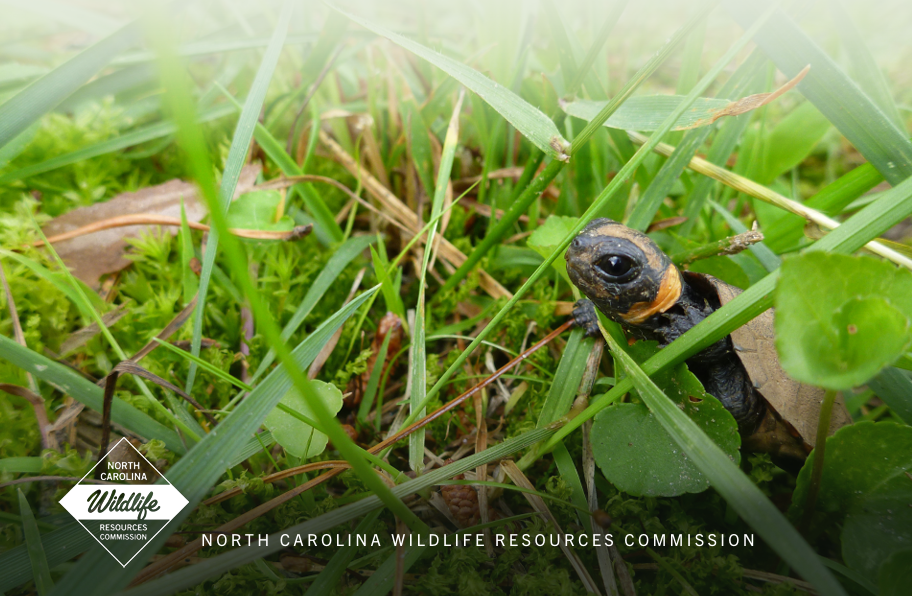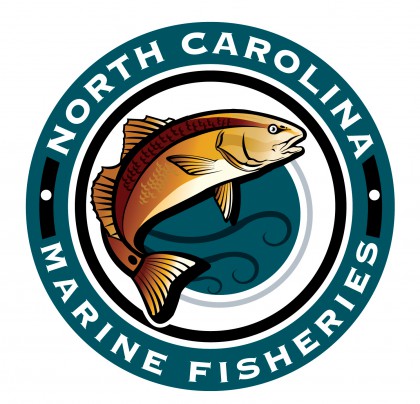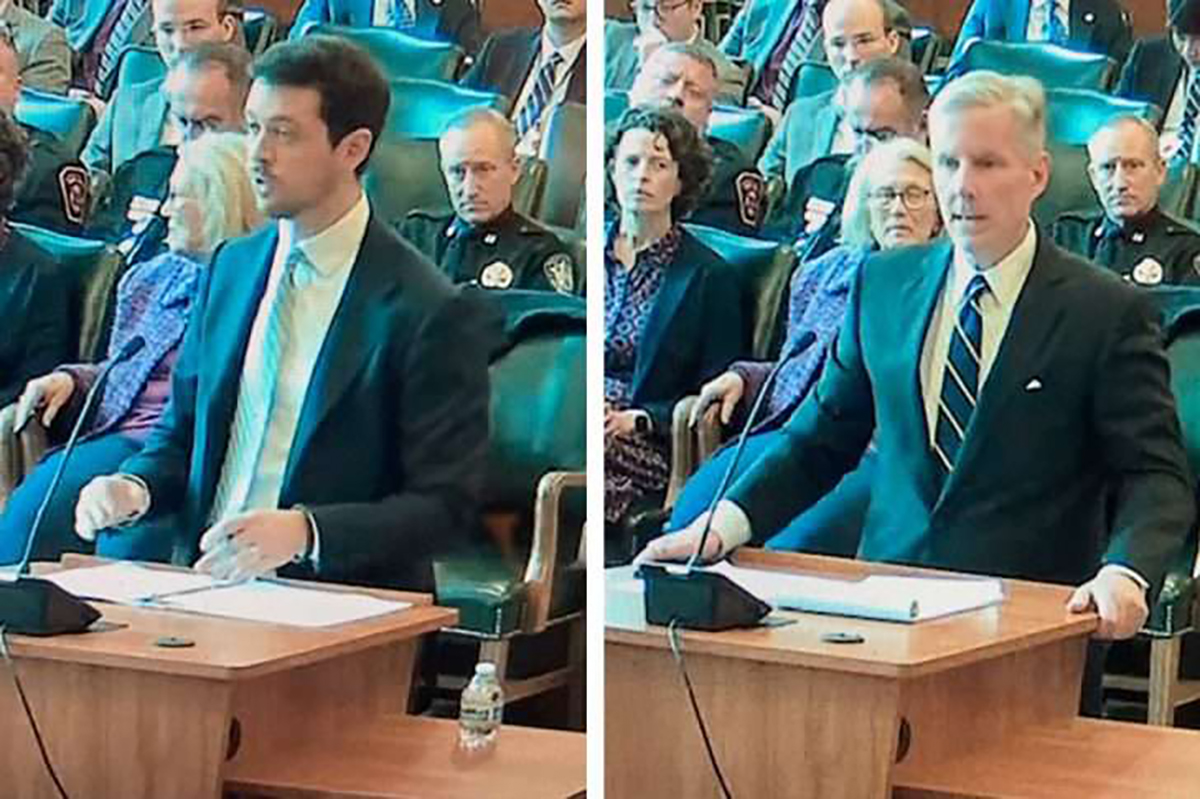
Several hundred acres on the northeast and central coast of North Carolina are to be conserved and the Currituck National Wildlife Refuge will be able to protect 70 acres of waterfowl habitat with funding awarded this week.
The Migratory Bird Conservation Commission approved $78 million through the North American Wetlands Conservation Act, or NAWCA, for the U.S. Fish and Wildlife Service and partners to help conserve or restore nearly 500,000 acres of wetland and associated upland habitats for waterfowl, shorebirds and other birds in the U.S., including North Carolina, Mexico and Canada, the Department of Interior announced Wednesday.
Supporter Spotlight
“Not too long ago, a study found that there are 3 billion fewer birds in North America than there were 50 years ago. This Commission’s investments are critical to keep habitats whole and connected and help birds flourish for the next hundred years and beyond,” said Secretary of the Interior Deb Haaland in a statement.
NAWCA grants conserve bird populations and wetland habitat while supporting local economies and outdoor recreational opportunities, such as hunting, fishing and birdwatching, according to the release. The $78 million in grants through the North American Wetlands Conservation Act, or NAWCA, will be matched by nearly $125 million in partner funds.
North Carolina Coastal Land Trust, state Division of Parks and Recreation, contributors and the town of Windsor were approved for a grant of $1 million for the fourth of five phases of conservation act projects in the Embayed Rivers Initiative Focus Area. The proposed match is $2.24 million. This project is to secure the fee title acquisition of 348 acres in Bertie County; conservation easement acquisition of 600 acres Roanoke River/Bull Hill Tract in Northampton County; fee title acquisition of 161 acres in Bertie County; and a conservation easement of 130 acres in Currituck County.
Also on Wednesday, North Carolina Coastal Land Trust, Outer Banks Conservationists and contributors were awarded $1 million for the final phase of the Embayed Rivers Initiative Focus Area on the northeast and central coast. The proposed match is $2.3 million. This phase is to acquire two fee titles totaling 1,300 acres in Bertie and Hertford counties, and one bargain sale conservation easement acquisition of 10 acres in Currituck County. The fee title acquisition of 350 acres in Craven County and the conservation easement donation of 10 acres in Pitt County, two match tracts, are included in this project.
A complete list of the approved U.S., Canada and Mexico NAWCA projects is available online.
Supporter Spotlight
Haaland also announced the Migratory Bird Conservation Commission awarded $1.8 million to three wildlife refuges to conserve more than 2,000 acres. The sale of Federal Migratory Bird Hunting and Conservation Stamps, or Duck Stamps, and import duties on imported arms and ammunition go to this effort through the Migratory Bird Conservation Fund.
“It’s remarkable that the programs we are discussing were established before we appreciated what climate change was – or how threatened many bird populations are,” Haaland said.
Currituck National Wildlife Refuge will be awarded $525,000 for 70 acres of wetlands and surrounding uplands to provide habitat for waterfowl including American black ducks, wood ducks, mallards and other migratory birds. The acquisition will provide make access to the northwestern portion of the refuge easier.
The other refuges to receive grants are the Supawna Meadows National Wildlife Refuge in New Jersey and the Umbagog National Wildlife Refuge in Maine.
“These projects are a testament to the ongoing value of the Duck Stamp and funding support for the protection of wetland habitat for waterfowl and numerous others species in the National Wildlife Refuge System,” said U.S. Fish and Wildlife Service Principal Deputy Director Martha Williams in a statement. “These new areas will provide increased public opportunities for wildlife-dependent recreation, including hunting, fishing and wildlife observation.”
Since 1934, the Federal Duck Stamp Program has provided more than $1.1 billion for habitat conservation in the National Wildlife Refuge System.







